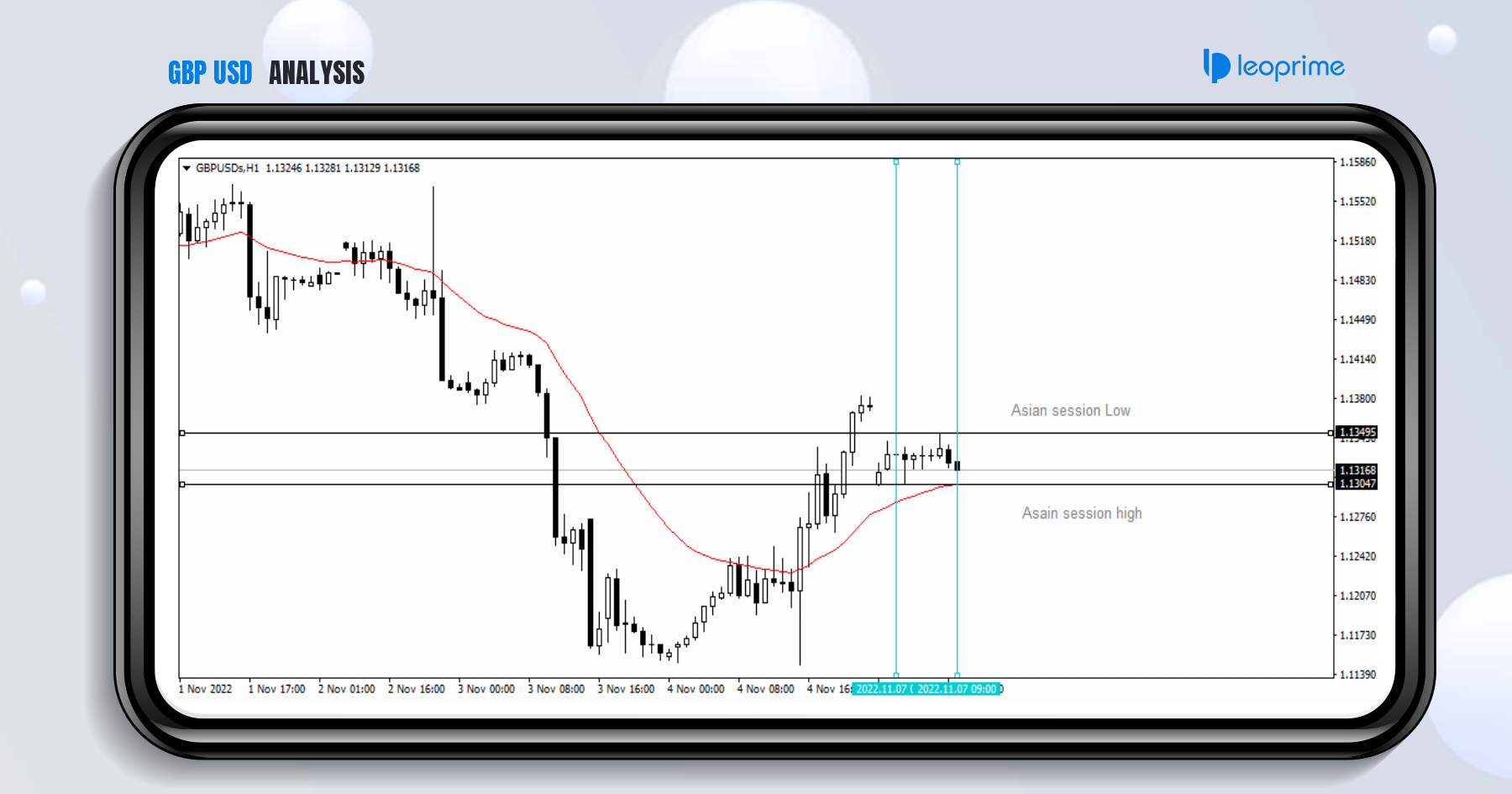
(Bloomberg) — Chinese President Xi Jinping addressed some 40 world leaders at the Belt and Road forum in Beijing, but his speech may have been aimed at a head of state not in the audience: U.S. President Donald Trump.
Xi spent a large portion of his speech Friday addressing Chinese domestic reforms, pledging to address state subsidies, protect intellectual property rights, allow foreign investment in more sectors and avoid competitive devaluation of the yuan. All four are issues the U.S. is addressing in trade talks with Beijing.
“We will establish a binding enforcement system for international agreements,” Xi said, adding that China will standardize all levels of government in terms of issuing administrative licenses and market regulation, and also “eliminate improper rules, subsidies and practices that impede fair competition and distort the market.”
Xi’s promises have been echoed by officials over the past few months and China has taken several steps to address U.S. concerns, including passing a new foreign investment law that bans forced technology transfers. Trade negotiators led by U.S. Trade Representative Robert Lighthizer return to Beijing next week as both sides work toward a face-to-face meeting between Trump and Xi to ink a deal.
“He appeared to be offering his personal approval of the concessions that China is likely to make as part of an imminent US-China trade deal,” said Tom Rafferty, the Economist Intelligence Unit’s regional manager for China. “This was a very different speech than that which President Xi gave at the Belt and Road Forum in 2017” when he outlined big commitments in Chinese spending, Rafferty said.
Yuan Stability
The U.S. and China have agreed on a currency provision in their potential trade agreement, Treasury Secretary Steven Mnuchin said in February. Bloomberg News reported earlier that the U.S. was asking China to keep the value of the yuan stable to neutralize any effort to soften the blow of U.S. tariffs.
China won’t engage in currency depreciation that “harms other countries,” Xi said on Friday, adding the yuan will be kept at a “reasonable, equilibrium level,” and the market will play a bigger role in setting the exchange rate.
“In the context that China and the U.S. are coming close to a deal that could include a currency pact, Xi’s words remind investors that there could be an agreement not to have competitive devaluation and that a stronger renminbi is more desirable,” said Fiona Lim, senior currency analyst at Malayan Banking Bhd. in Singapore.
The yuan climbed on Friday as the central bank set its daily reference rate at a stronger-than-expected level.
Cleaning Up
Some 5,000 attendees from across the globe attended Xi’s address, which also focused on efforts to clean up the sprawling infrastructure program that began in 2013 to rebuild ancient trading routes across Eurasia. At least seven countries who agreed to Belt and Road projects have suspended, scaled back or terminated them, or experienced backlash for their involvement.
“The implementation is always what’s really difficult,” Hannah Ryder, chief executive of officer of the Beijing-based consulting firm Development Reimagined, told Bloomberg Television.
“For the governments here for the Belt and Road Forum, of course, these are probably great words, really good to hear,” she said. But Chinese officials will “really have to still invest time, still push in order for these things to happen.”
More Control
To address some of the concerns, Beijing is taking a range of steps to exert more control over the program, officials and participants said. They include a more muted publicity drive, clearer rules for state-owned enterprises, restricted use of the Belt and Road brand, and building overseas auditing and anti-corruption mechanisms.
The People’s Bank of China would “build an open, market-oriented financing and investment system,” Governor Yi Gang said in remarks Thursday. The government also released its analysis framework for debt sustainability.
Xi pledged new development with the Philippines in a Thursday meeting with President Rodrigo Duterte, including building an industrial park north of Manila and providing resources for regional growth, presidential spokesman Salvador Panelo said. Xi also met with Russian President Vladimir Putin, who said cooperation between their countries is at an “unprecedented level.”
In March, a senior official from China’s top economic planning body, the National Development and Reform Commission, said China wanted to combine its manufacturing and construction know-how with the advanced technology of Western firms on the global trade-and-infrastructure program.







